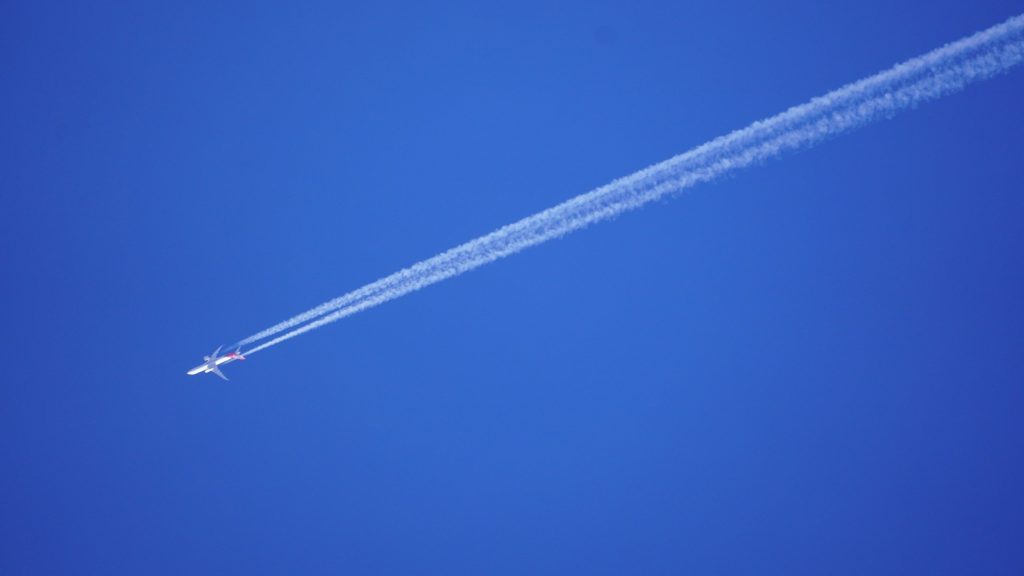Last May 9, at Dakar International Airport in Senegal, 10 people were injured after a plane skidded off the runway as it was about to take off. Just four days earlier, at Kinshasa N’djili International Airport in the Democratic Republic of Congo, another plane skidded off the runway while landing. Despite the distance of more than 6000 km between the two events, they have something in common: both aircraft were manufactured by Boeing.
Boeing is an American multinational company engaged in the design, manufacture and sale of airplanes, helicopters, missiles and satellites. Traditionally, Boeing has dominated the aeronautical market. It was even the first manufacturer of a double-decker aircraft, popularly known as the “Queen of the Skies” and formally known as the 747. Chances are that anyone who has ever taken a commercial flight has done so aboard a 737, a 787 or any other Boeing model.
Research related to the most recent accidents suggests that, for some years now, the quality and safety with which these aircraft are produced has been relegated to the background, with the aim of lowering costs and increasing productivity. Historically, Boeing’s reputation went beyond the 40,000 feet that its aircraft could reach. Today, that reputation has plummeted.
Events
The accidents that occurred on the African continent in May 2024 are the most recent, but not the only ones. Since the end of 2018, Boeing aircraft have suffered a series of accidents that have caused severe turbulence for the company.
In late 2018, Lion Air Flight 610 crashed into the Java Sea shortly after takeoff in Jakarta, Indonesia. This resulted in the instant death of 189 people aboard a 737 Max. Only five months later, Ethiopian Airlines Flight 302 crashed on take-off from Addis Ababa airport in Ethiopia. This crash, also involving a 737 Max, killed 157 people.
These two events caused, in 2019, the U.S. Federal Aviation Administration to order the suspension of all 737 Max aircraft worldwide. This restriction lasted 20 months and resulted in large financial losses for Boeing and the airlines operating its aircraft.
2024 has been a particularly busy year for the company. In February, an Alaska Airlines 737-MAX 9 lost a fuselage door in flight, causing a hole in the side of the aircraft that forced it to make an emergency landing. The investigation of this incident concluded that the cause was due to missing safety bolts securing the door to the fuselage.
The problems did not stop there. A plane that was about to fly from Atlanta to Bogota lost a tire on takeoff. Another, covering the route between Australia and Chile, plummeted for a few seconds while flying over the Tasman Sea, injuring at least 50 passengers. The cause of this incident was unprecedented: a flight attendant accidentally flipped a switch with her elbow while serving food to the pilots in the cockpit.
Restrictions
Former Boeing employees have revealed that, in recent years, the company has sacrificed quality and safety in favor of production and profitability. They have pointed to problems such as lack of adequate training, poor communication on safety issues, and pressure to meet deadlines, which have led to a neglect of quality and safety standards. These testimonials suggest a troubling change in Boeing’s corporate culture that could easily be linked to the occurrence of accidents on its aircraft in recent years.
A recent report by the U.S. General Aviation Administration points to a number of deficiencies in the company’s safety management system and culture. The report asserts that within the company’s operation there is a lack of communication and a disconnect between senior management and members of the organization in terms of safety culture. It also shows that the safety management system procedures were not structured in a way that ensured that all workers fulfilled their role in safety.
In addition, the report notes that procedures and training were complex and constantly changing, creating confusion among workers. Finally, it notes that there are no open, secure and anonymous channels for reporting unsafe situations or those related to process quality. On the contrary, workers have suffered reprisals when reporting these issues and feel distrustful to file complaints.
Consequences
Boeing has faced unprecedented economic losses, sharp drops in the value of its shares in the stock market and has had to pay millions in compensation to those affected as a result of all the accidents that its airplanes have suffered.
As if this were not enough, the previous March, in the United States, a former Boeing employee who had publicly denounced the company’s practices was found dead. In the days before his death, he had been a witness in a lawsuit against the manufacturer. To date, it cannot be affirmed that his death is related to the case, but it could not be ruled out either.
The reputational impact on the company following these accidents and events is incalculable. Virtually every day a negative news story is published that carries its brand name in the headline. In addition, Boeing’s bad reputation is placed at the center of a documentary on the Netflix platform, which has been watched, probably, by millions of people around the world.
The Boeing case is a clear example of how the decision to decrease investment in quality and safety issues can have unprecedented consequences for organizations.

